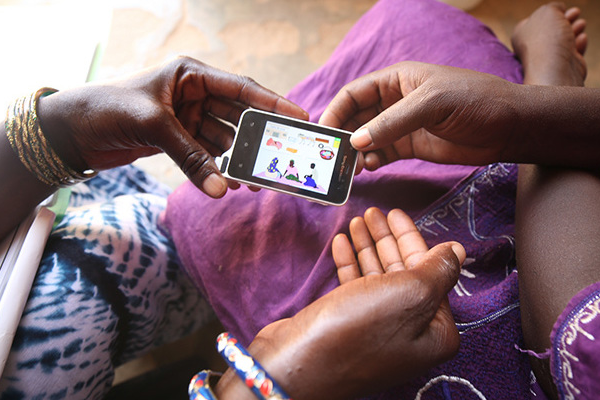 How can ICT4D improve healthcare in developing countries?
How can ICT4D improve healthcare in developing countries?
There are many ways in which ICT4D (Information and Communication Technologies for Development) can improve healthcare in developing countries. Some examples include:
- Telemedicine: ICTs can be used to connect healthcare providers in remote or underserved areas with specialists in urban centers, allowing for the delivery of high-quality medical care to people who might otherwise not have access to it.
- Health information systems: ICTs can be used to create and maintain electronic health records, which can improve the accuracy and efficiency of healthcare delivery and reduce the risk of medical errors.
- Disease surveillance and outbreak response: ICTs can be used to track and monitor the spread of diseases, allowing for more effective and timely responses to outbreaks.
- Public health campaigns: ICTs can be used to deliver health education and information to large populations through social media, mobile apps, and other digital platforms, helping to raise awareness about health issues and promote healthy behaviors.
- Supply chain management: ICTs can be used to improve the management of medical supplies, ensuring that they are delivered to the right place at the right time, and helping to prevent shortages and wastage.
Overall, the use of ICTs in healthcare can help to improve access to care, quality of care, and the efficiency of healthcare delivery in developing countries, ultimately leading to better health outcomes for the populations served.
Read More About ICT4D in Healthcare Below
Apply Now: $300,000 for COVAX Data Partnership with Governments
LMIC governments often lack capacity for COVID-19 Digital Response because their national data and statistical resources are already overstretched. Policymakers...
Aid Evolved Podcast: How Clinics Resist and Embrace New Technology
A Conversation with Liz Peloso
In this episode of the Aid, Evolved podcast about technology, poverty, and health, I speak with Liz Peloso, a seasoned global health...
Digital Health Centre of Excellence for COVID-19 Pandemic Response
As countries are operationalizing their COVID-19 pandemic response plans, including National Deployment and Vaccination Plans for COVID-19 vaccines, the need for...
Is “Digital Self-Care” the Best Term for Direct-to-Client Digital Health Services?
Engaging and mobilizing communities to be agents of their own health outcomes is one of the foundational tenets of primary health care, and a major opportunity...
Apply Now: $400,000 for Health Services Chatbots in Kenya, Nigeria, India
Conversational chatbots put people at the center of care and deliver better health outcomes through sustained engagement and connection to the right health services...
How Spatial Intelligence Solutions Can Improve Public Health Outcomes
Accurate quantification of a population, and the ability to locate this population with precision, are fundamental requirements for reporting the true coverage...
What to Do About Racist Hardware in Digital Development?
In an astonishing letter to the editor published in the December 17, 2020, edition of the New England Journal of Medicine (NEJM), a group of five doctors from the...
USAID Vision for Systems-Level Action in Digital Health Solutions
USAID envisions a world in which advances in digital technologies are leveraged to help people access the information and services they need to live healthy and...
How Telehealth is Preserving HIV Service Delivery During COVID-19
Adapting to the “new normal” of COVID-19 digital response has dramatically impacted our daily lives and routines. For HIV programs, this has required shifting...
Ghana’s Supply Chain Control Tower Success in Public Health
The Control Tower concept has existed for a while in global supply chains. Control Towers are agile cloud computing platforms that provide actionable, granular...











